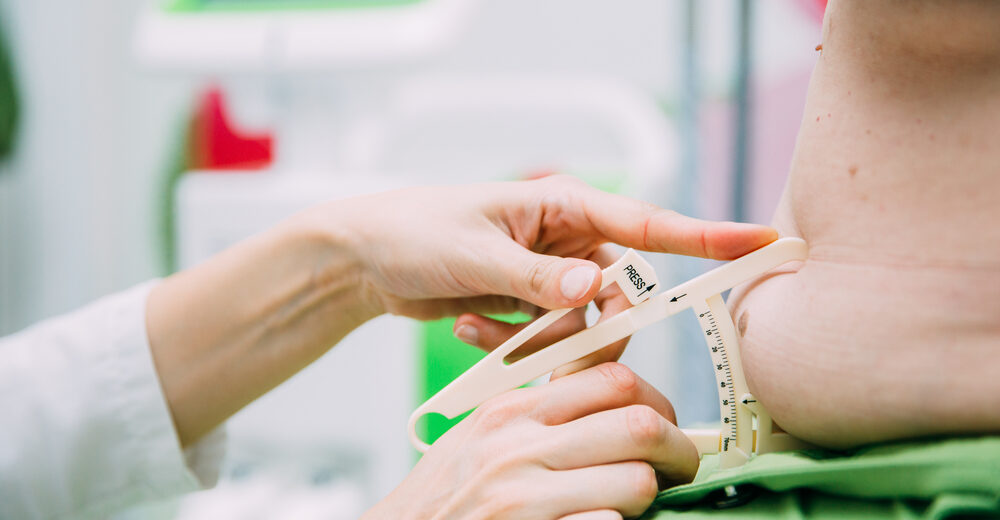While there are those who bill weight loss surgery as an “easy solution,” the process involves a life-long commitment in order to produce a new shape.
For the best results, team up with a top bariatric surgeon in Maryland.
The Before
You will begin preparing for your weight loss surgery several months prior to your actual surgery date. First, you will meet with each prospective top bariatric surgeon to discuss recommendations for your individual circumstances.
This your surgeon will consider are your BMI, any chronic health conditions you have, and whether you can manage the changes that come with bariatric surgery. You may also attend an information session.
Then, after selecting your surgery, you may have to undergo a series of tests to gauge whether it is safe for you to have surgery. These tests include blood work and a sleep study, for example.
Other steps to take before surgery may involve:
- A sleep study
- Informational sessions on bariatric surgery
- Meetings with a nutritionist
- Meeting with a mental health professional
- Beginning an exercise regimen
- Participating in any pre-surgery requirements, such as a liquid diet
Apart from all these steps, you will want to secure time off from work, discuss potential out-of-pocket costs with your insurance provider, and find help from family or friends for recovery.
Your Surgery Date
When you arrive for surgery, you will be prepped by the staff and may even speak with your surgeon. Then, you’ll be in surgery for about two hours, depending upon your procedure and any complications.
Once your surgery is complete, you will recovery for a while until you can be moved to the room where you will stay at least one night. Your surgeon will determine what criteria must be met for you to safely return home.
Beginning your transitional diet and walking around will likely be the tasks you focus on until you are released.
Post-Surgery: From Recovery to Everyday Life
Ask any top bariatric surgeon in Maryland and they’ll tell you that sticking to the post-surgery guidelines is imperative for maximizing your results. Beginning the first week, you will be healing your digestive system and adjusting to a new way of life.
Working closely with your dietician and surgeon, you will begin a high-protein, low-carb diet that provides the nutrition you need while your GI tract heals.
After you recover, you’ll learn how to manage your new diet and incorporate healthy life-long practices into your daily life. Joining a group of fellow bariatric patients can provide support and guidance through this transition.
Maintaining a relationship with your bariatric surgeon and staff will be vital to monitor your progress and avoid any complications or hiccups.
Top Bariatric Surgeon Maryland
If you’re considering bariatric surgery, consider the compassionate professionals at Maryland Bariatrics. Click to schedule an information session or a consultation to learn more.





